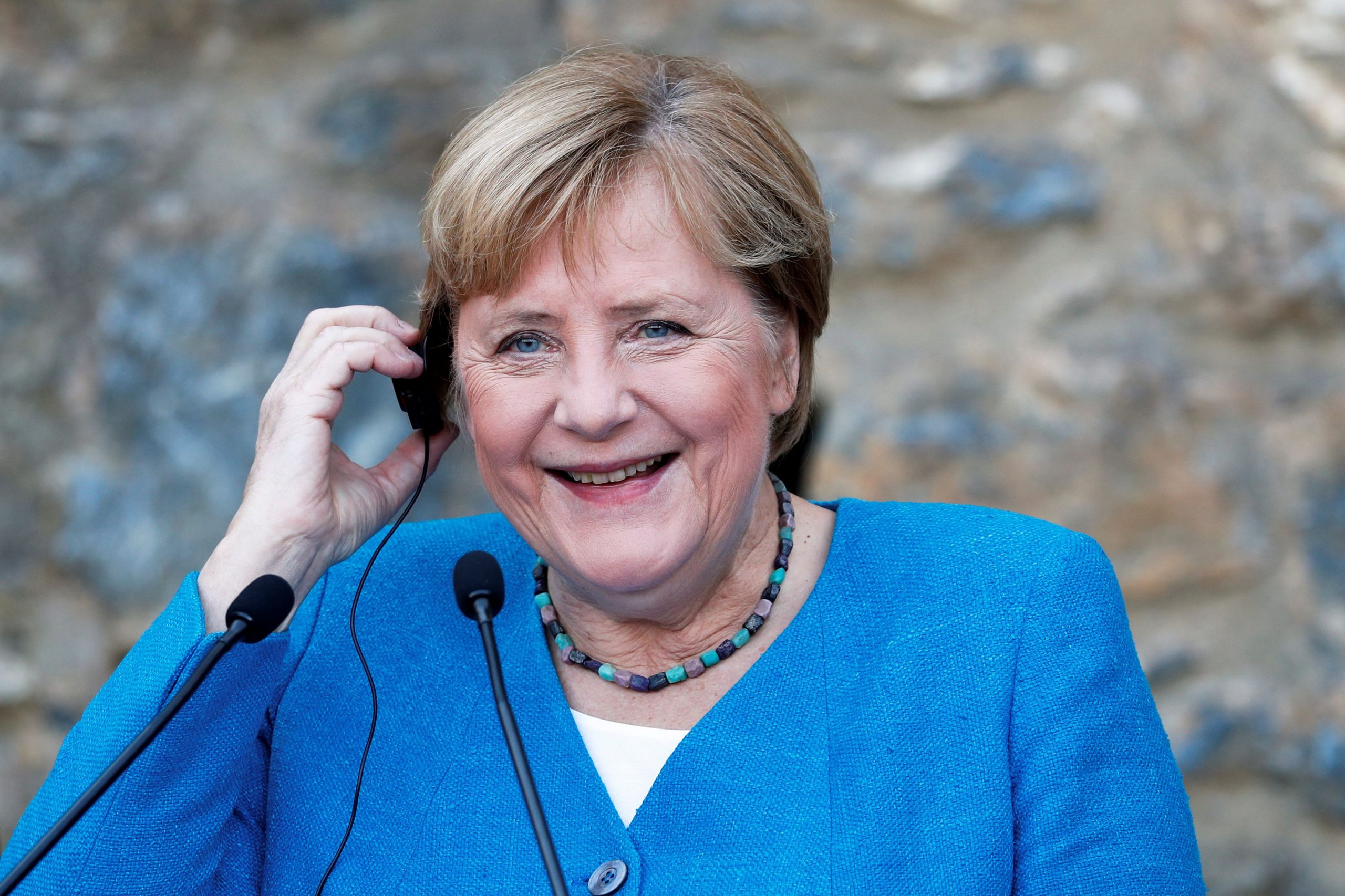
“Europe still exists, thanks in part to Angela Merkel.” This is the view of Johannes Farwick, Professor of International Relations and European Politics at the University of Halle-Wittenberg.
Mr. Farvik, of course, is German. A Greek might have had a different opinion, or he might not have been so absolute.
The chancellor’s relationship with Europe inevitably goes through her policy for Greece. And this, until it was normalized, was painful, unequal, full of thorns, embarrassment, cynicism.
On May 19, 2010, Angela Merkel declared, for the first time, “if the euro fails, Europe will also fail”, thus signaling her decision to give the green light to support the Greek economy. She has repeated the same phrase dozens of times since then – perhaps in order to convince herself.
On May 18, 2010, speaking at a party meeting, she said that “it is not possible to have a common currency and some to take many vacations while others very few”. Help is conditional, she insisted. “We can not just show solidarity and say that these countries will continue as before. Yes, Germany helps, but only when others make an effort. And the effort must be proven. ”
That’s it. The legend of the lazy Greeks, Portuguese, Spaniards, was born and would overshadow the whole subsequent period. Der Spiegel magazine recently wrote that Ms Merkel is endowed with “great insight, but no temperament”. And the euro crisis may have needed less than the first and more of the second.
For a united Europe
But Angela Merkel’s view of Europe was somewhat different from what the European South would have hoped for. Growing up in East Germany, she learned to see Europe from the outside. She was not a “convinced European”, she did not realize – at least in the beginning – the breadth and depth of the Union, nor the importance of its cohesion.
Fortunately, she realized it, even at just before midnight. But, as her critics say, she probably never acquired Helmut Kohl’s “European passion”, or at least did not find a vision to inspire her. Maybe that’s why, as she confessed a few days ago, she felt the greatest weight on her shoulders when she “had” to ask so much from the Greeks. And from this weight she looked at how to get rid of it, but she seemed as if she did not care about what she would leave behind.
Taking stock, she admitted that she demanded too much from Greek society. She did it without trying to justify herself. After all, crisis management was anything but beneficial at home. For Greece and the rest of the South, it was very little, very timid, very strict. For many Germans, she neglected the interests of her country. “She turned the screws here and there, kept the machine running somehow, but lacked a ‘big strategy’ for a strong Europe,” as Spiegel blamed her (again). Jürgen Habermas was at the time talking about the “peaceful disorder around her”.
The euro was not saved (only) by itself, as Mr. Farvik believes. She, however, albeit slowly, is certainly credited with the determination with which she rejected Wolfgang Schieble’s plans for a temporary (?) Withdrawal of Greece from the Eurozone in 2015. She had meanwhile realized that Europe’s power does not come solely from economic its strength and that the chain is as strong as its weakest link.
Turkey, Northern Macedonia, Libya, refugee
The budget may have dominated Berlin-Athens relations over the past decade, but they have not been the only source of tension. The issue of the name of Northern Macedonia, the refugee issue, relations with Turkey, and even the crisis in Libya, from time to time burdened the communication and cooperation of the two sides, while the claim of war reparations remains a permanent shadow.
Germany, applying the new doctrine of its foreign policy, which provides for greater involvement in international affairs, has taken a particularly active role in the Skopjan’s case. Berlin’s main concern was to remove the most important obstacle to the country’s accession to Euro-Atlantic structures, in order for the western Balkans to turn… to the west, to weaken the influence of Russia, China, or even Turkey. The content of the solution certainly did not concern the Germans much, and Angela Merkel had expressed her disagreement with the then leader of the official opposition and current Prime Minister Kyriakos Mitsotakis, who was critical of the agreement.
On August 31, 2105, the German Chancellor said “we will make it”, referring to the reception – mainly of Syrians – of refugees who were trapped in Budapest. It was a rare case that was dominated by emotion: the common feeling of the Germans rushing to the train stations to greet and embrace the refugees.
More than a million people then found refuge in Germany, but the picture inside was now beginning to blur. The Alternative for Germany (AfD), the far-right, populist party founded in 2014, with – a unique – political position the exit of Greece from the Eurozone, found a new reason for existence in the refugee crisis. The internal party grievances, the critical reports of the time, the constant escalation of an endless crisis, forced Angela Merkel to look for ways to stem the flow of refugees and migrants through the Aegean and Greece, even surrendering her power – and that of the EU – to an authoritarian leader like Recep Tayyip Erdogan, with the EU-Turkey refugee agreement. Many accused her of not having a plan and of allowing the Turkish president to blackmail her, and with it the whole of Europe.
The refugee crisis had secured her fame across the continent, but inside her country and the rest of Europe it had begun to decline. The chancellor’s attitude towards the Turkish president did not cease to give rise to ironic comments and criticism from the media and the opposition. She always replied that Turkey is a difficult but very important partner and that it is better to talk than to isolate ourselves. The outcome of the discussions is, of course, in the judgment of everyone, but especially of the next German government. In recent years, Mrs. Merkel has sometimes been the only one to keep her cool with the make-up of Recep Tayyip Erdogan. Not because she liked him. The political, social – and economic – culture of the two leaders could not be further apart.
The Turkish provocation in the Aegean found Berlin last year in the role of mediator between Athens and Ankara and made it imperative to abandon even the reluctant policy of equal distances. The German government was well aware of Turkey’s role in the Aegean, in the eastern Mediterranean, in matters of the rule of law. Angela Merkel, however, often pretended not to see or hear. Maybe because only then could it keep communication channels open – and refugees away from its borders.
The German government’s timid stance on Ankara was also confirmed in the case of the Berlin Conference on Libya in January 2020, when Greece was excluded from the list of participants, despite its interests and role in the region. The excuses of the organizers did not convince Athens, which “saw” a Turkish finger on the issue and strongly expressed its dissatisfaction.
Unexpectedly, the next German government will include political forces that have systematically criticized Angela Merkel for her policy towards Turkey, culminating in the sale of military equipment to Ankara. It remains to be seen whether this criticism will be the basis for a policy change, or whether the wording and tone will simply change, with the substance remaining the same.
There are also similar questions on the issue of claiming war reparations by the Greek side. The request is repeated regularly, with the German government responding – almost mechanically – that “the issue is legally and politically over”. This leaves a “thorn” in the relations between the two countries.
Tonight in Athens
Tonight, Angela Merkel arrives in Athens for the last time as chancellor, in one of the possibly most difficult stops of her… farewell tour. As of yesterday, it is now official. She is waiting for the formation of a new government to “retire” officially. However, no one believes that her visit will be of low political importance, or that the agenda will be limited to accounts or farewells.
Ms Merkel has recently answered more personal questions, about her experiences, about her plans, but, based on the past 16 years, one cannot expect that she is not taking her role 100% seriously. Kyriakos Mitsotakis, on the sidelines of the recent 107th European Council for Ms Merkel, expressed his respect for her and spoke of a politician with stability and discretion. Regarding her relationship with Greece in particular, the Prime Minister referred to her own admission of excessive demands from the Greeks, but also noted the fact that “at the critical moment, she went against the suggestions of her ministers and decided to keep Greece in the EU “.
The chancellor recently stated that she does not want to take stock of her work. “Let others do it. I feel good about myself with my life and biography. “They gave me the opportunity to offer in my homeland”, he said characteristically. However, he knows that far from Germany, he does not have to expect much “thank you”.
Latest News
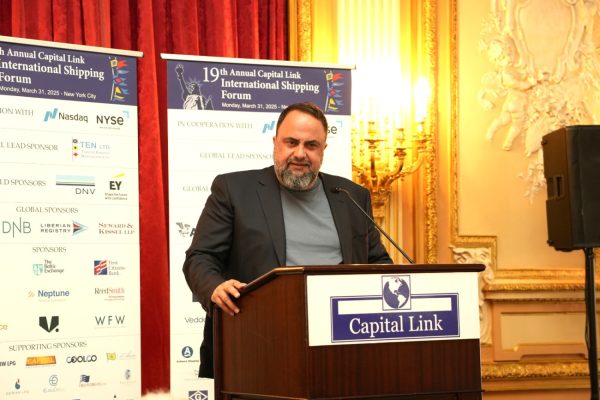
Evangelos Marinakis: A time of change from which shipping can benefit
Speaking at the 19th Annual Capital Link International Shipping Forum Evangelos Marinakis stressed the challenges that shipping faces today

Retail Trade in Greece Up 2.5% in December 2024: ELSTAT
In January 2025, the General Turnover Index recorded a 2.5% increase compared to January 2024. Compared to December 2024, it recorded a significant decline of 18.4%

Greek Fruit and Vegetable Exports Surge
Greek exporters have expressed concerns over a new draft law in Bulgaria that mandates at least 50% of products in stores to be of Bulgarian origin.

Trump Tower in Greece? Speculation Grows Over Potential Investment
In 2007, the Trump Organization explored the possibility of constructing a skyscraper complex and casino at the former Ellinikon Airport site in Athens
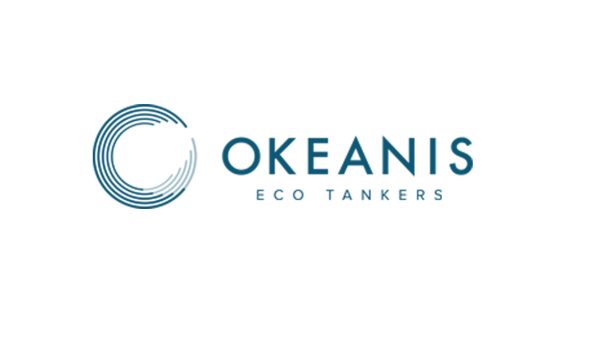
Was Aristidis Alafouzos, CEO of Okeanis Eco Tankers, cheering over extra earnings from carrying ‘sanctioned’ Russian oil?
Okeanis CEO Aristidis Alafouzos tried to give assurances that the company was not carrying sanctioned Russian oil - Recently published data point to the opposite

Tax Filing in Greece Surpasses Expectations
Taxpayers who submit their returns by April 30 will benefit from an increased tax discount of 4% if they opt for a lump-sum payment by July 31, 2025

Evangelos Marinakis: Proud of Diaspora Greeks, ‘Who’re All Together, United’
Marinakis, an Honorary Grand Marshal of the 86th Greek Independence Parade on Sunday, was touched by his contacts in New York City with members of the Greek-American community, where he spoke fondly of the Diaspora: ‘Twice as Greek, Twice over as Olympiacos fans'

Stirring 86th Greek Independence Day Parade Down 5th Ave. Evangelos Marinakis an Honorary Grand Marshal
According to NYPD sources, the 2025 parade is expected to be one of the biggest in recent memory, with some 120 groups with 52 floats and 15 marching bands paraded from 64th to 79th streets along renowned Fifth Avenue
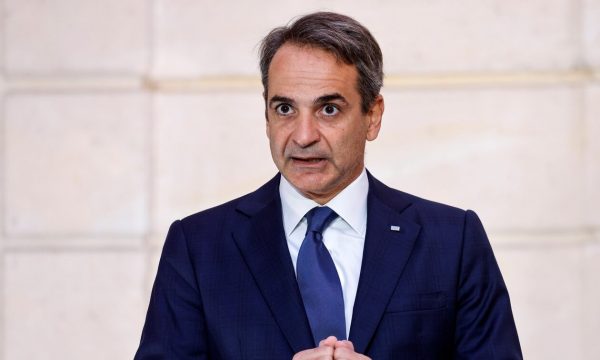
PM Mitsotakis Highlights Chevron’s Interest in Greek EEZ in Weekly Review
“The interest from Chevron is important because a leading American multinational chooses to invest in Greek maritime plots, thus practically recognizing Greece's EEZ in the area,” the prime minister said.
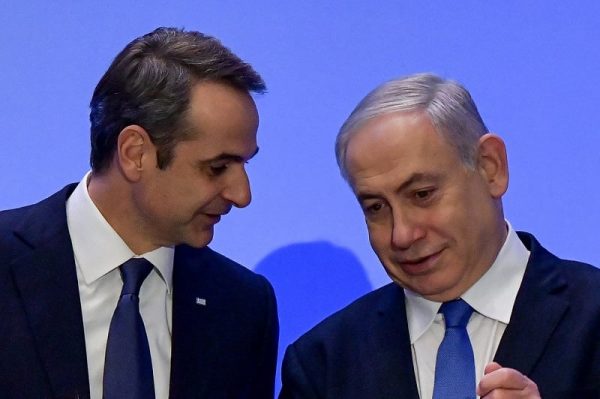
PM Mitsotakis Visits Israel for Talks on Defense, Energy, and Stability
According to sources, the meetings will cover bilateral collaboration as well as regional developments, particularly in the Eastern Mediterranean and Syria.










![Τουρκία: Μεγάλες βλέψεις για παραγωγή ηλεκτρικών οχημάτων [γράφημα]](https://www.ot.gr/wp-content/uploads/2025/03/ot_turkish_autos-90x90.png)




![Ξενοδοχεία: «Τσίμπησαν» οι τιμές το 2024 – Πόσο κόστισε η διανυκτέρευση [πίνακας]](https://www.ot.gr/wp-content/uploads/2025/03/hotels-90x90.jpg)






![ΕΛΣΤΑΤ: Αυξήθηκε η οικοδομική δραστηριότητα κατά 15,6% το Δεκέμβριο [πίνακες]](https://www.ot.gr/wp-content/uploads/2025/03/DSC9655-2-1024x569-1-90x90.jpg)





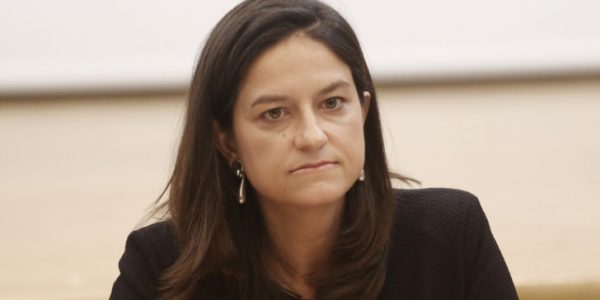

![Δασμοί Τραμπ: Οι αμερικανικές μετοχές σημειώνουν το χειρότερο τρίμηνο από το 2022 [γράφημα]](https://www.ot.gr/wp-content/uploads/2025/03/ot_TRUMP_world_stocks_2025-600x352.png)
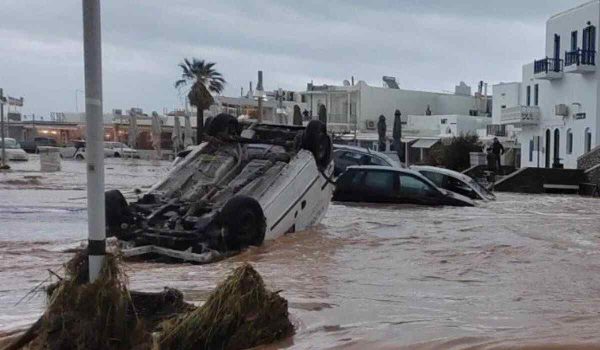
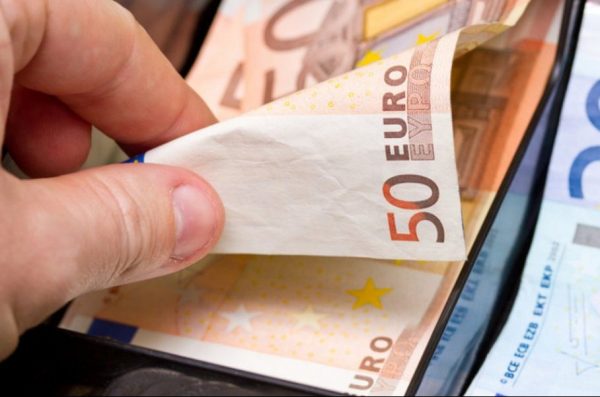




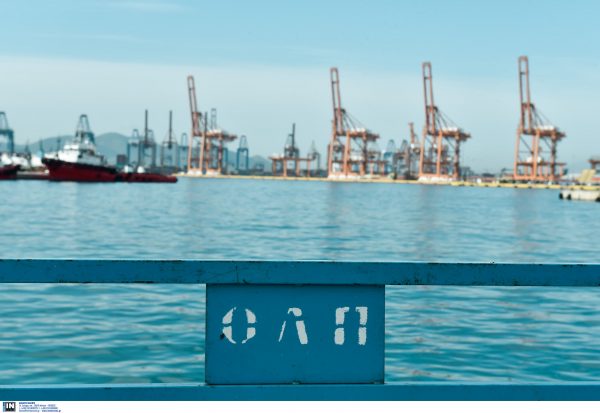
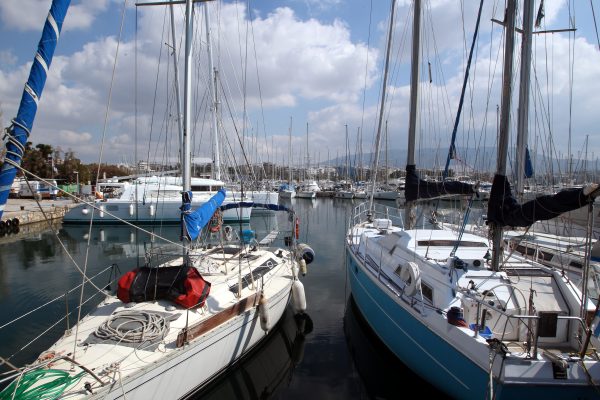


 Αριθμός Πιστοποίησης
Αριθμός Πιστοποίησης